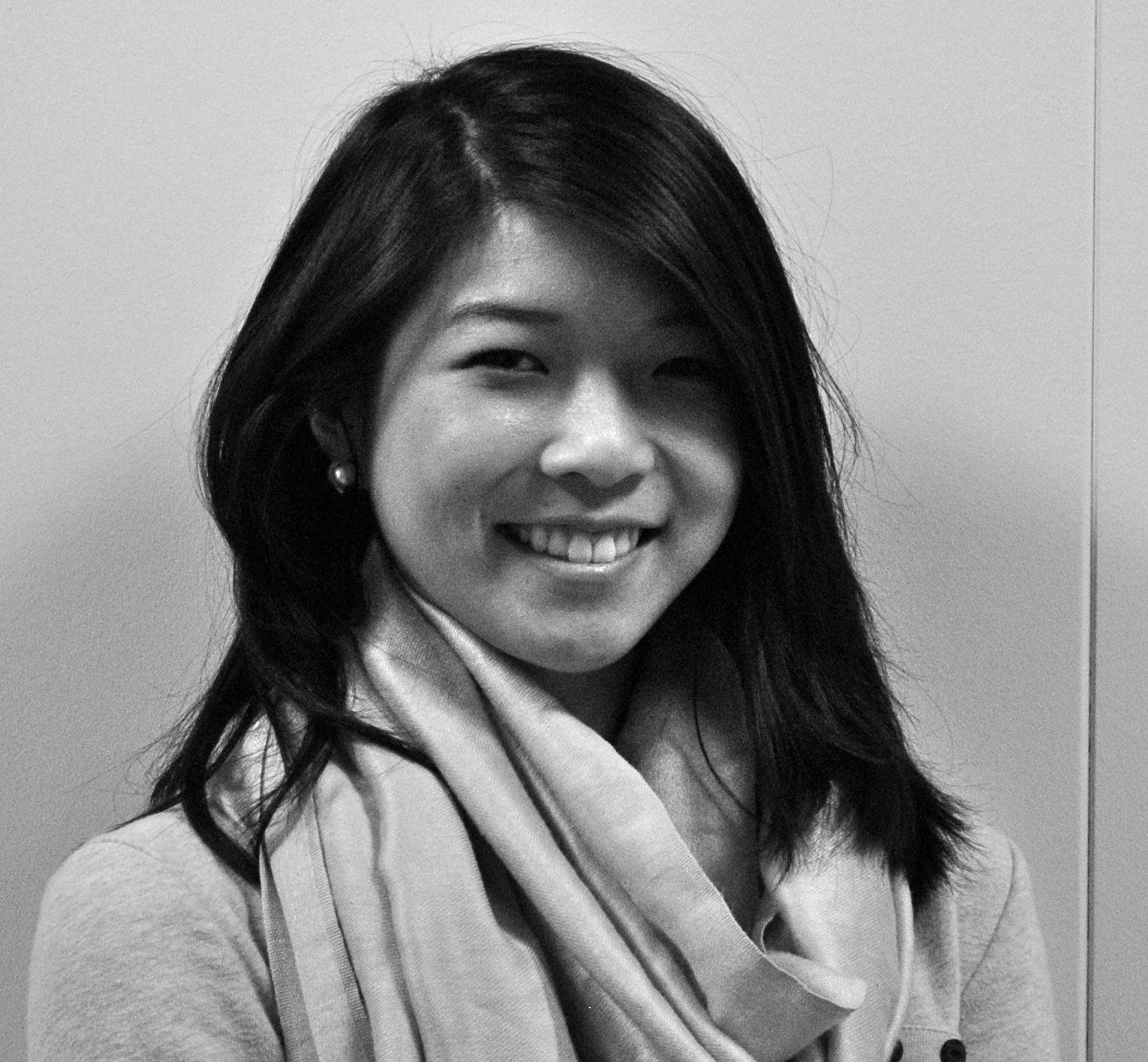“The so-called freedom of speech, freedom of the press [in China]- it is a joke.”
This was the widely shared sentiment of one microblogger regarding mainland China’s persistent censorship of the bitter back and forth over the noisy and messy campaign for the position of Chief Executive of Hong Kong. The peculiar selection process ended this weekend as an elite carefully crafted by Beijing – roughly speaking, an assembly of about 1,200 Hong Kongers — picked Leung Chun-ying, 57, the most pro-Beijing of the three candidates, to succeed incumbent Donald Tsang.
What a non-surprise that outcome was!
Months of overheated coverage from the mainland media and the media of the island territory (technically a “special administrative region – SAR — of the People’s Republic of China”) only served to call further attention to the gulf that remains between the island territory and the mainland.
All three candidates for Chief Executive promoted various concepts of expanded democracy as a means of gaining public support. Even so, many Hong Kong residents are loyal to Beijing, though surprisingly, many have been backing universal suffrage. The average Western may find this paradox impossible to understand.
In fact, Beijing authorities are also mulling whether or not to permit universal suffrage for the 2017 elections in Hong Kong, which would allow one vote per person. Incoming Chief Executive-elect Leung Chun-ying, a previous Convener of the Executive Council of Hong Kong with close ties to the Chinese Communist Party, had also endorsed universal suffrage saying, “Hong Kong does not belong to a small circle; it belongs to everyone.” But for the time being, Leung appears mainly to belong to Beijing.
No doubt the feisty, independent South China Morning Post captured the subdued chaos best. One post-election headline read: “Leung Faces Protesters on First Day as Chief Executive-Elect.” A second headline read: “Police Use Pepper Spray on Anti-Leung protesters.”
Otherwise on Monday, it was business as usual on Hong Kong, the island territory of Asian business. And there was something reassuring in that.

